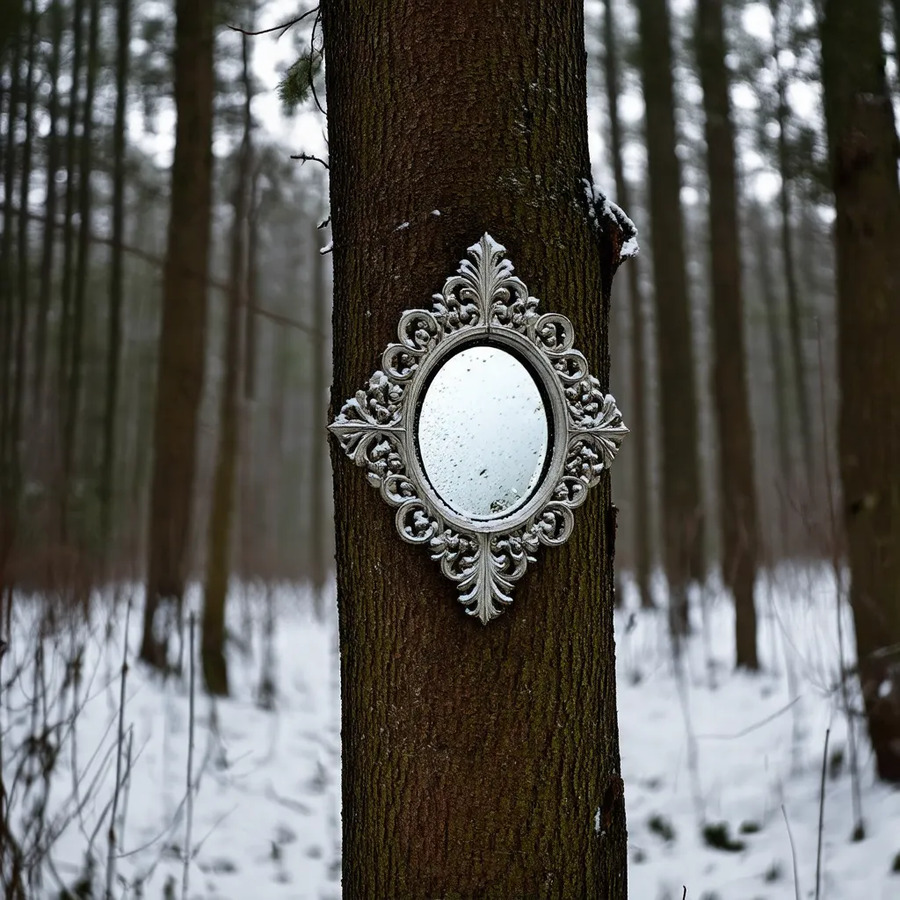
Whenever you are about to find fault with someone, ask yourself the following question: What fault of mine most nearly resembles the one I am about to criticize?
· Marcus Aurelius
There are certain emotions that feel to me like signposts, pointing at something important happening under the surface, and shame is one of those. Whenever we feel shame it’s a mark of some deep investment or deep internal struggle. But the shame is also pointing to some kind of conversation, an argument that’s happening.
· Leslie Jamison
Dear Jack,
Sometimes you’re on your way to a party and you hear that so-and-so is also going to be there, and you’re hit with this sudden wave of Oh G-d not that guy I fucking hate that guy. This feeling is way beyond annoyance, and has nothing to do with “that guy” being an actual Bad Person. I know a couple for-real Bad People, and when I hear they’ll be somewhere I’m going, the feeling is more Why is that guy still a thing?
I’m not talking about that. I’m talking about a specific, personal loathing.
Over the years, a number of people have elicited that feeling from me. My mother was the same way. At a meal after her funeral, several of her friends joked with me about how she “sure didn’t suffer fools gladly”, which was a very generous way to put it. Like me, she often harbored this intense, disproportionate hatred of specific people. And like me, by complaining about such people she was usually just telling on herself.
I finally recognized this pattern recently when I was venting to some family members about a certain “that guy”. I was complaining that he butted into conversations only to change the subject to something he knew about; everything had to relate back to him and his interests. But as I heard myself talking, it occurred to me that Wait, maybe I do the exact same thing (and am I doing it right now??)
Related: Isn’t it the worst when a conversation plays out like this:
- Person A: I did a thing.
- Person B: That reminds me of a thing I did.
- Person A: I did something even more than that!
- Person B: When I did a thing, there were circumstances and results!
- (etc.)
This is awful to listen to, and difficult/pointless to participate in. If you ask clarifying questions, they’ll keep on going. (That’s not a conversation; it’s an interview.) If you try to shift the focus, then you’re just being Person B. (That’s not a conversation; it’s a Talking Carl scream fight.) The whole thing becomes this verbal YouTube party — The person sharing the video is thinking about how much everyone else is enjoying it, while everyone else is planning the videos they want to share next.
Okay. Why did I start this post with a quote from Leslie Jamison. Jack, I hope you’ll read The Recovering someday. Probably your late twenties is a good time. I hope it will be as profound for you as it was for me. I hope it will dispel the dumb mystique surrounding the gonzo bro-I-was-so-wasted mythology which our culture (and especially its men) loves to exalt.
But Jamison’s quote is not just about shame and alcoholism. It’s about an emotion being a pointer, and what you might want to pay attention to when you encounter it. If shame is “pointing to some kind of [internal] conversation”, I’d argue that this specific loathing is too. It’s a tip-off that there’s something we don’t like about ourselves, and we really hate seeing it in other people. And once we do start seeing it, it’s everywhere. People tell on themselves all the time.